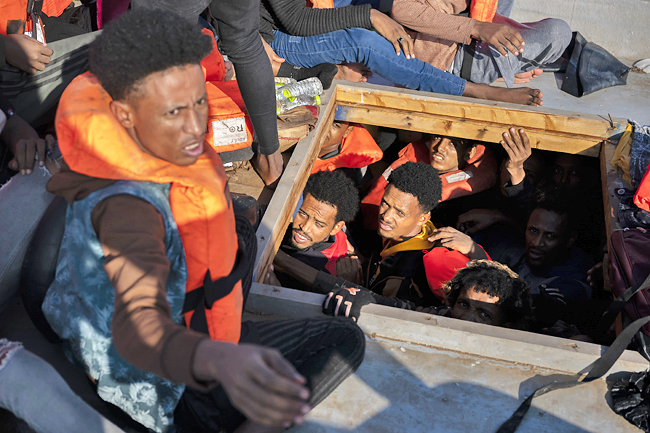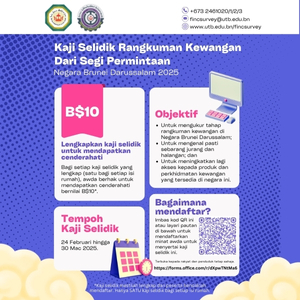BRUSSELS (AP) – European Union (EU) countries agreed a draft law aimed at preventing and countering migrant smuggling, which critics said could be used to target people or charity groups that try to help migrants in trouble.
The aim of the new law is to broaden the definition of what migrant smuggling involves and to increase prison sentences and fines.
The agreement between the 27 EU member countries forms their position for final negotiations on the law with the European Parliament.
“If we want to be serious about protecting our borders, we need to step up the fight against migrant smuggling,” said Hungarian Justice Minister Bence Tuzson, whose country holds the EU presidency. “Criminalising this offence in a uniform manner across the EU would play a key role in this area.”
About 380,000 unauthorised crossings were detected at the EU’s external borders last year.
The police agency Europol estimates that more than 90 per cent of those migrants who reach Europe’s shores use the services of smugglers.

The law would oblige all countries to ensure that it would be a crime for anyone to intentionally help a migrant enter, cross or stay in the EU in exchange for “financial or material benefit”.
Convicted smugglers should be jailed for up to three years, or over 10 years if someone dies.
It sets fines for organisations or their representatives implicated in smuggling of up to EUR40 million (USD42 million).
The draft contains a “humanitarian clause” which would “specify that certain assistance to irregular migrants, notably assistance to close family members or support to provide basic human needs, may not qualify as the criminal offence of migrant smuggling”. However, member countries would not be legally bound to apply it. The Platform for International Cooperation on Undocumented Migrants (PICUM), which represents 160 organisations focused on migrants’ rights, is concerned that the non-binding nature of the clause could mean more legal action against migrants and people who help them.
Its senior advocacy officer, Marta Gionco, said that the draft law “goes in the direction of more criminalisation, with more people expected to face trials, fines and prison sentences simply for helping other people”. Some migrants are charged as smugglers for steering the boats they’re picked up on.
PICUM said that at least 117 people faced legal proceedings for helping migrants last year and at least another 102 people in 2022. Some were charged for rescuing or helping migrants in distress at sea, others for providing shelter, food, water or clothing. Italy has waged a legal campaign against non-governmental organisations that it accuses of attracting people to its shores by using ships to scour the Mediterranean in search of migrant boats in trouble.
Italian authorities have seized and impounded charity boats dozens of times in recent years.
The reasons for holding them, often for weeks and sometimes for months, range from “aiding and abetting illegal migration” to seemingly more minor charges like maritime security “technical irregularities” or the “illegal management of waste.”






